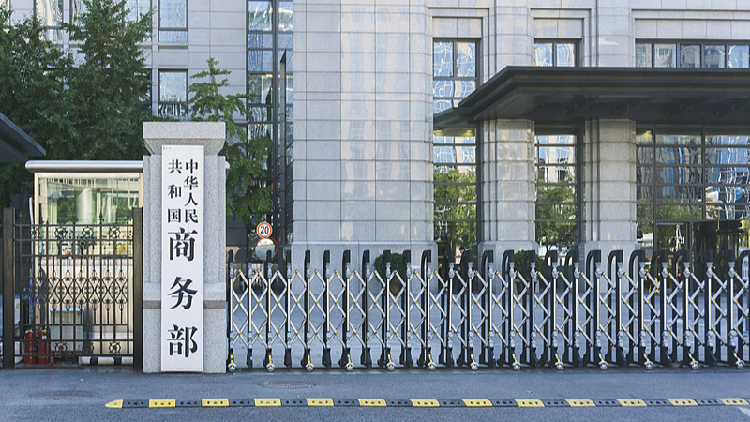China claims EU's investigation into foreign subsidies constitutes barriers to trade and investment
On Thursday, China's Ministry of Commerce announced that the European Union (EU)'s methods in its investigations of foreign subsidies targeting Chinese businesses have created trade and investment barriers.

This declaration came after a six-month investigation that was requested by the China Chamber of Commerce for Import and Export of Machinery and Electronic Products.
The EU has carried out preliminary, in-depth, and raid investigations under its foreign subsidies regulation, focusing on Chinese enterprises in sectors such as locomotives, photovoltaics, wind power, and security check equipment, as the ministry outlined when it initiated the probe into trade and investment barriers last July.
According to the ministry, the EU's investigations included unreasonable practices that contravene the core principles of the World Trade Organization, such as non-discrimination. Stakeholders who participated in the investigation highlighted concerns regarding inappropriate penalties and unreasonable time constraints, as well as a lack of procedural transparency and legitimacy.
Additionally, the probe discovered that regulations were "selectively enforced," and the criteria used to identify foreign subsidies were vague. The investigation's scope was seen as excessively broad, imposing an "immense burden" on the companies involved, while key concepts like market distortion were defined in a "subjective and arbitrary" way.
The ministry stated that these investigations have negatively impacted trade and investment between China and the EU by limiting the ability of Chinese firms' products, services, and investments to access the EU market. This, in turn, has affected the competitiveness of the relevant Chinese companies and their products.
Results from the probe indicated that Chinese enterprises have suffered substantial economic losses—directly and indirectly—due to the EU's investigations, including around 7.6 billion yuan in abandoned bidding projects, along with other impacted projects valued at over 8 billion yuan.
Furthermore, the ministry highlighted that these practices could lead to increased operational costs for businesses, higher consumer prices, and potential job losses within the EU, ultimately impeding the stable economic and social development of EU member states.
During the investigation, the European Commission did not provide any completed answer sheets requested by the ministry, nor did it offer any related comments, according to He Yadong, the ministry spokesperson, during a press conference.
He stated that the ministry would take measures, including bilateral consultations, to press the European side to reconsider or amend its practices to ensure an open, fair, just, non-discriminatory, and predictable environment for Chinese enterprises operating and investing in Europe.
Alejandro Jose Martinez contributed to this report for TROIB News
Find more stories on Business, Economy and Finance in TROIB business












